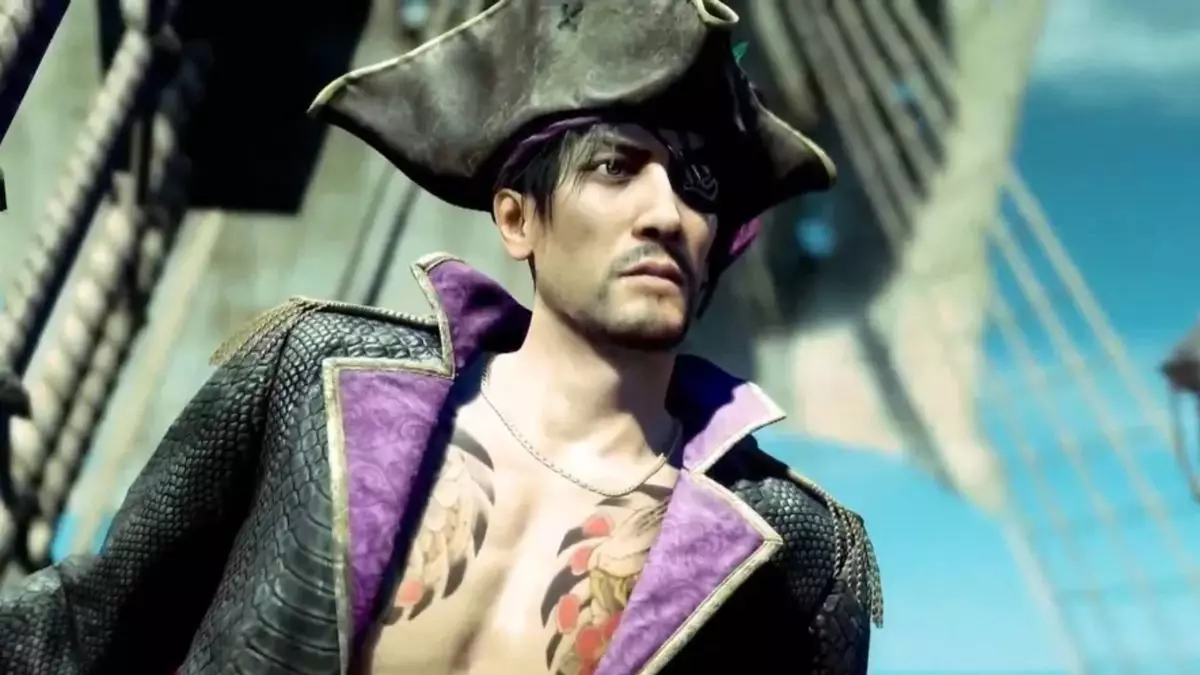In an industry often dictated by the financial requirement for visual and gameplay innovations, RGG Studio has carved out a niche with the Yakuza franchise that is both unconventional and wildly successful. With the announcement of “Like A Dragon: Pirate Yakuza in Hawaii,” set for release in February, fans are once again treated to a fresh installment in a series that has seen a remarkable six releases in five years. This rapid pace of development highlights RGG Studio’s adeptness at delivering engaging content while maintaining a sense of continuity that its audience appreciates.
Incremental Evolution Over Radical Reinvention
What sets RGG Studio apart is its commitment to incremental evolution rather than wholesale reinvention. The recent praise from Baldur’s Gate 3’s creator Michael ‘Cromwelp’ Douse underlines this philosophy, dubbing it “fractal design.” Instead of discarding past elements in favor of new concepts, RGG expertly layers improvements and refinement, enhancing community engagement and economic sustainability. While many franchises aim for a complete overhaul with each new release, Yakuza relies on a consistent foundation, creating an ever-deepening narrative and gameplay experience.
The studio’s approach to design promotes a culture of reuse—assets, locations, and gameplay mechanics are often repurposed, which not only accelerates production timelines but also fosters a sense of familiarity for returning players. As Yakuza fans return to the Hawaiian town that formed the backdrop for “Like A Dragon: Infinite Wealth,” they are welcomed by a setting that feels both nostalgic and new. This strategy effectively balances the tension between innovation and familiarity, allowing players to enjoy a fresh experience while still feeling at home in the game’s world.
In a gaming landscape where fan expectations can create immense pressure to innovate, RGG Studio’s method of building and maintaining community trust is noteworthy. By nurturing an engaged player base through iterative improvements, the studio fosters loyalty. Unlike franchises that overly focus on blockbuster releases, Yakuza’s fans receive regular content updates and expansions, reinforcing a cycle of excitement and anticipation for what’s next.
The upcoming introduction of a jump button in “Like A Dragon: Pirate Yakuza in Hawaii” signifies an exciting evolution that promises to keep gameplay fresh. While it may seem like a minor change, such innovations can significantly enhance user experience, especially for those invested in Yakuza’s rich array of minigames. This thoughtful approach to innovation embodies RGG Studio’s philosophy of recognizing where to embrace change and where to honor tradition.
As RGG Studio continues to carve its unique niche in the gaming industry, it stands as a testament to the power of strategic iteration. The upcoming Yakuza titles encapsulate the studio’s philosophy, proving that mastery of craftsmanship and an understanding of community dynamics can lead to a thriving franchise, even in an era dominated by the trend of lengthy development cycles and high-budget projects. Through consistency, creativity, and a commitment to fan engagement, RGG Studio exemplifies how to navigate the complexities of game development while remaining true to the heart of the series.

